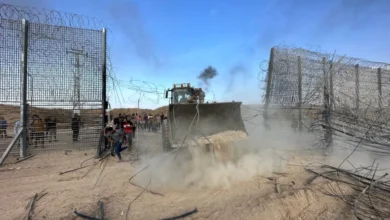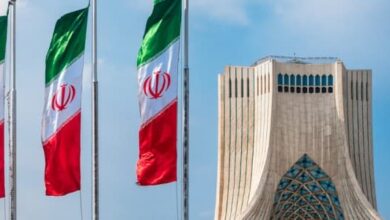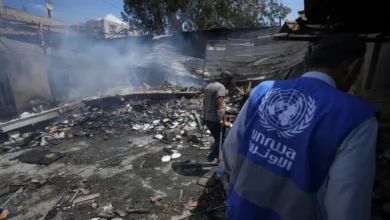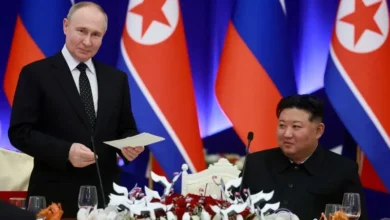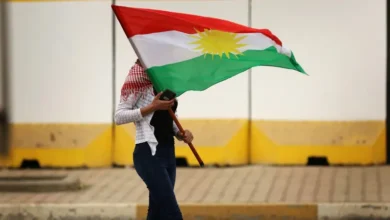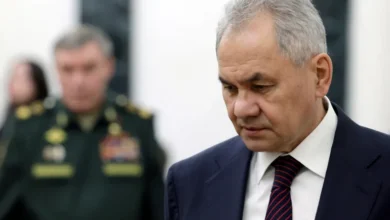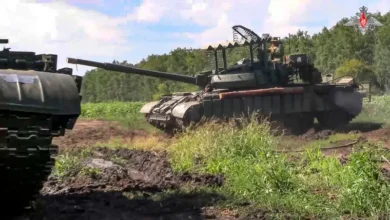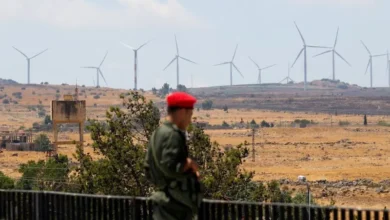RSF occupying 12 hospitals in Khartoum, Sudan’s health minister says
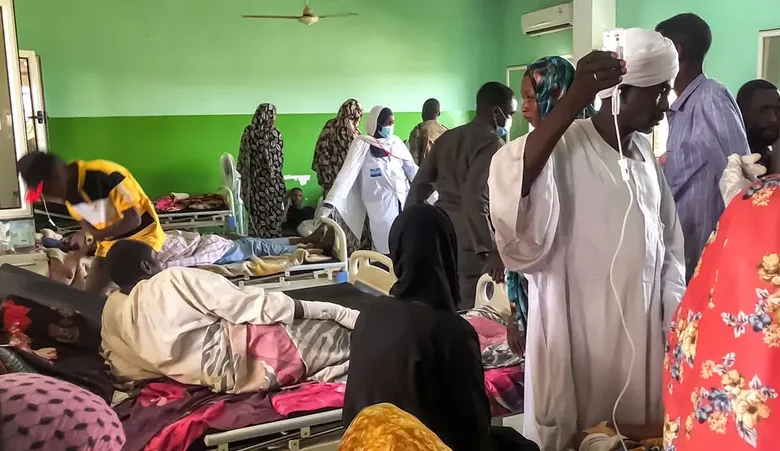
The paramilitary Rapid Support Forces (RSF) are currently occupying at least 12 hospitals in the Sudanese capital of Khartoum, the country’s health minister said on Friday.
“It’s not easy to open them to receive patients, and they are not easily accessible,” Health Minister Haitham Ibrahim told Al Arabiya English in a phone call.
Ibrahim said that out of 130 public and private hospitals in Khartoum State, more than 30 were occupied by the RSF or out of service.
He added that the rest of the hospitals are ready to help and receive patients. But they are in the process of trying to mobilize more resources and medical staff near the hospitals.
Fighting has ravaged Sudan for weeks after clashes broke out between the Sudanese army and the RSF over control of the country.
According to Ibrahim, as of Thursday, 4,900 people had been wounded and 561 killed since the fighting started.
Asked about the status of medical supplies available in the country, the health minister said the situation was improving.
The country’s central medical supply unit has branches in 18 states, and Ibrahim said about 60 percent of the supplies were available before the war.
The pipeline holds essential medicines for diseases and other sicknesses.
The main pipeline has a shortage of supplies for renal dialysis despite a flight with this equipment arriving from a Jordanian company on Thursday.
Surgical supplies and other equipment are flowing in from the World Health Organization, and the minister said these, along with trauma kits, were going mainly to Khartoum.
He said that regional countries, including Saudi Arabia, Kuwait, and Qatar, have been sending badly needed medical aid to the country.
Asked if the US or European countries were assisting with medical supplies, Ibrahim said non-governmental organizations and UN agencies were helping.
“The situation is getting better,” he said, noting that with the help of regional countries and NGOs, “we can move ahead to fill the gaps regarding supplies.”
He said this was not the case around ten days ago when fighting was taking place in more than five states. “Now the conflict is in Khartoum… and there are minor clashes here and there. And also, the movement between states and the organization of supplies between states is getting better,” he said.
Ibrahim also welcomed reports of World Food Program staff returning.
The WFP halted its work in the country after three employees were killed last month.
“Malnutrition in Sudan for children is rated high, and support from the WFP is very important,” he said. Ibrahim praised the donation of food items from Arab countries.
